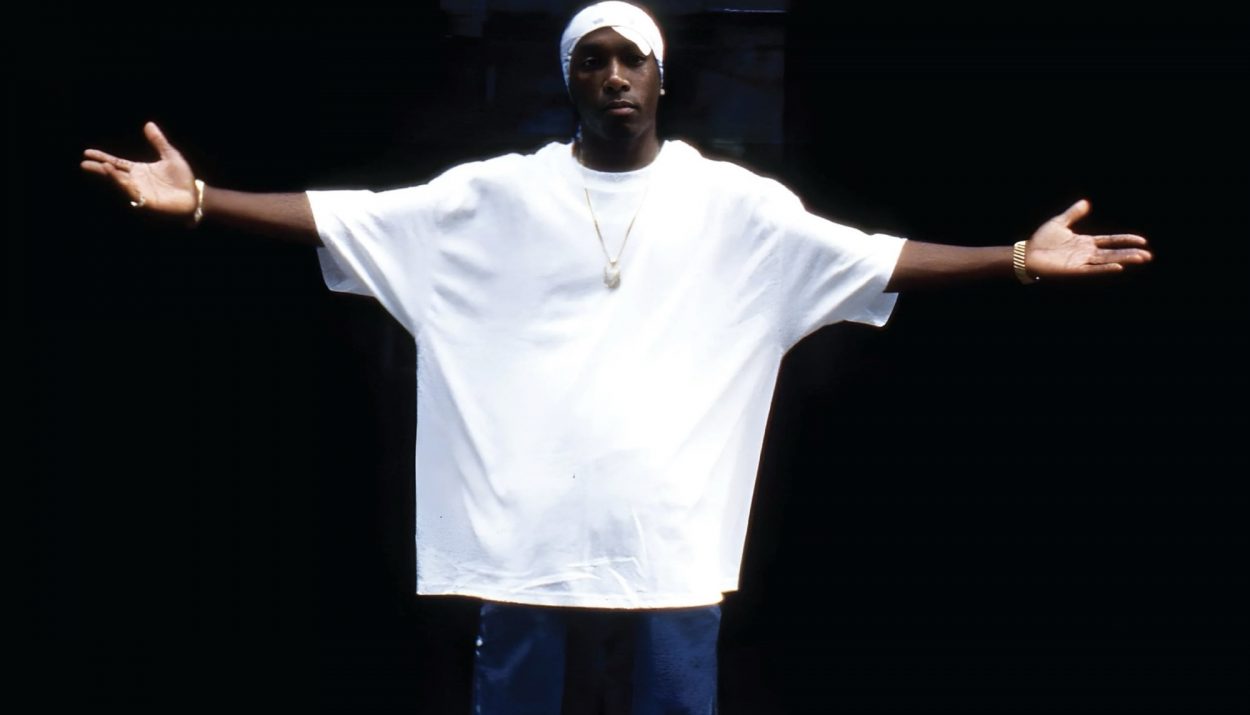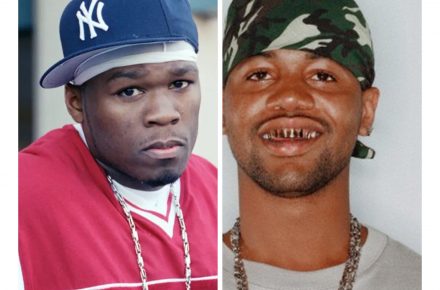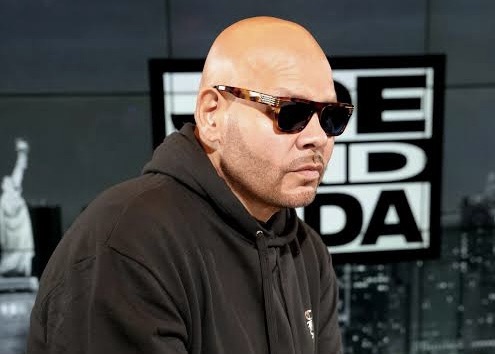After an incredibly fruitful 2025 for older listeners — with comeback LPs from storytelling icon Slick Rick and Queensbridge legends Mobb Deep — Nas’s Mass Appeal has delivered a long-teased release from the late Big L. Harlem’s Finest: Return of the King blends remastered versions of older verses, freestyles, and a handful of unearthed gems. It doesn’t try to modernize or reinterpret his sound; instead, it crafts a satisfying experience that doesn’t necessarily quench the thirst for new material but serves as a worthy final curtain call for one of hip-hop’s most tragic “what if” stories.
Twenty-six years after his death, the album plays like a time capsule — a vivid slice of the late ’90s that captures Big L in his prime. The inclusion of a newly mixed and mastered version of his infamous seven-minute Stretch & Bobbito freestyle with Jay-Z is worth the price of admission alone.
Elsewhere, cuts like the Joey Bada$$ and BVNGS-assisted “Grant’s Tomb ’97,” with Ron G dropping his signature tag, drive home just how firmly this project stays rooted in L’s pre-aught world. There’s no attempt to modernize or overproduce; it simply sharpens the edges.
Born Lamont Coleman, Big L first made his mark as part of Harlem’s Children of the Corn crew alongside Cam’ron, Mase, Herb McGruff, and Bloodshed — a raw collective that hinted at the borough’s next wave. He later joined the Diggin’ in the Crates (D.I.T.C.) collective, linking with peers like Fat Joe, Showbiz & A.G., and Lord Finesse, and quickly earned respect as one of New York’s sharpest lyricists. His 1995 debut Lifestylez ov da Poor & Dangerous remains a cult classic — raw, witty, and technically unmatched.
Following his 1999 murder at just 24 years old, D.I.T.C. and his family assembled The Big Picture (2000), a posthumous project that cemented his legacy but also underscored how much potential was left on the table. Now, twenty-five years later, Harlem’s Finest feels like a proper companion piece — less a revival than a reflection, showing how timeless his voice still sounds when placed in the right hands.
That sense of unfinished business hangs over Harlem’s Finest. The Mac Miller collaboration “Forever” feels especially poignant — a glimpse at the kind of cross-era connection that might have naturally happened had L lived to see his influence ripple forward. What this album offers isn’t closure, exactly, but a reminder: the legend of Big L was built on what he did in too little time, and what he could have done with just a little more.





